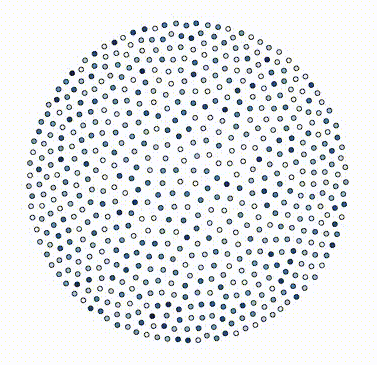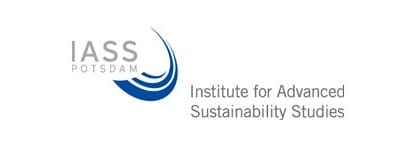The Complexity Economics Lab at Arizona State University embraces a newly emerging paradigm to better understand economic processes. Our approach views economies as complex adaptive systems that are continuously evolving with, and adapting to, the actions of individuals, firms and institutions, which are themselves interdependent, heterogenous and evolving. Our goals include uncovering universal commonalities across economies and other types of complex adaptive systems, mapping the path-dependent evolution of political economies and developing a fundamental theory of economic development.
Our members include researchers from partner institutions around the world such as The Global Climate Forum, The Institute for Advanced Sustainability Studies and The Sante Fe Institute. Together, we seek novel insights – from household to global scales – that help mitigate pressing societal issues and provide plausible transition pathways to sustainable economic futures.



